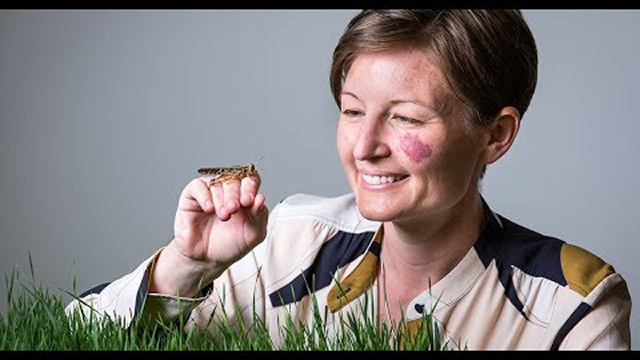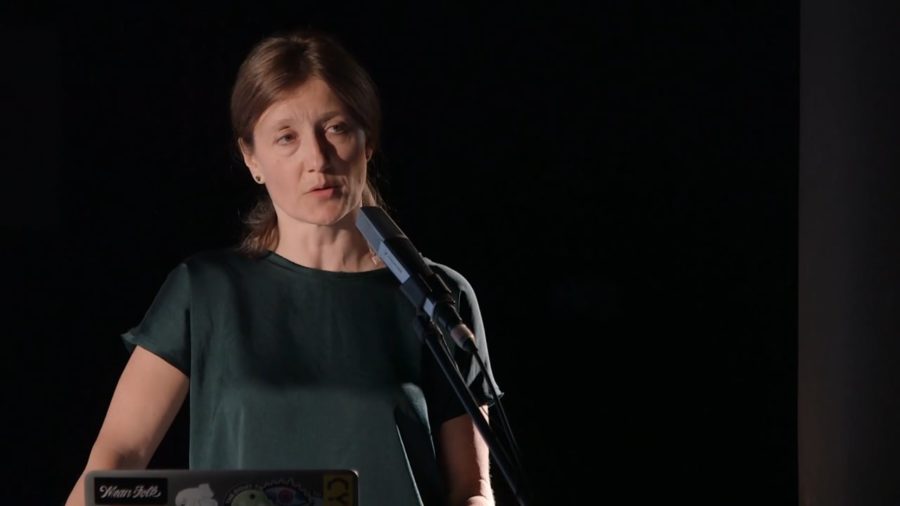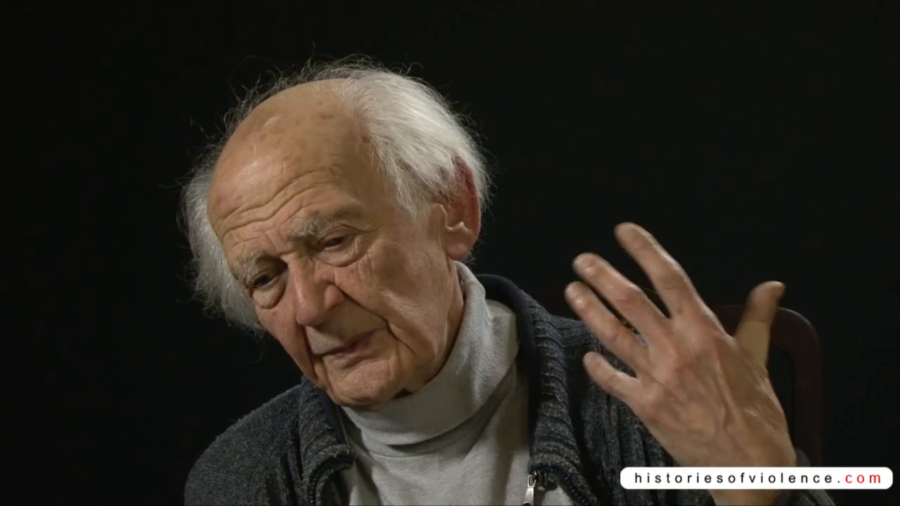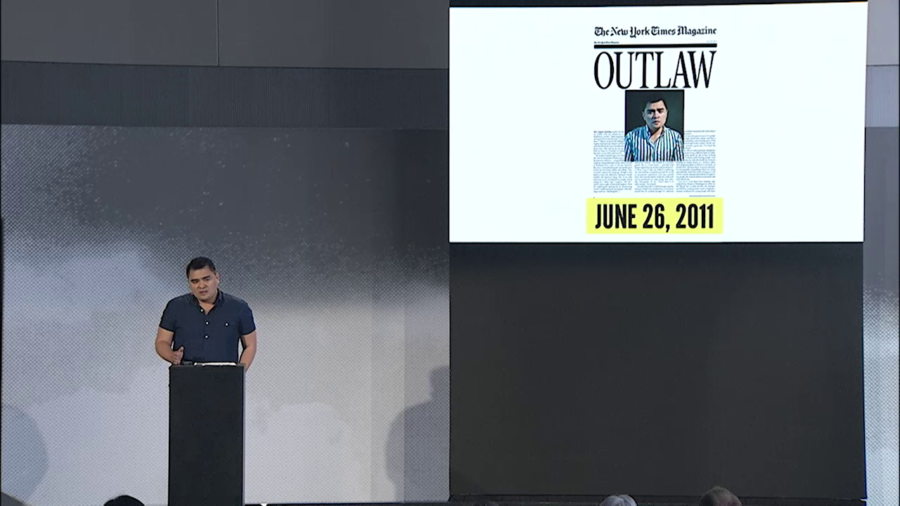One very interesting addition to the public space is how we are conditioning and defining the public space with regards to eventual attacks. And it’s changing the landscape radically. And the very first knee-jerk reaction was concrete blocks in front of many institutions. Now they’re trying to design these concrete blocks so they seem something which is part of the landscape but the presence and the robustness is still so violent that it’s hard to hide the intention.
Archive

All locusts are grasshoppers, but not all grasshoppers are locusts. Locusts are grasshoppers that when exposed to specific environmental cues will form mass migrations and become a continental-level challenge. The immediate impacts of locusts on agriculture are obvious. For example, the desert locust plague in Western and Northern Africa that occurred between 2003 to 2005 cost an estimated 2.5 billion US dollars in crop losses.

When we think of citizenship nowadays, we mostly see it as a contested notion for it being reduced to an administrative criterion that is actually selectively differentiated: inclusion in, or exclusion from the nation-state membership, from privileged membership of Western nation-states.

In pre-modern societies there was no idea of waste; everything was going back into life—recycled, as we would say today. If there were more children coming into the world in a family, then obviously there was room for them, and extra work somewhere in the farmyard, in the field, in the stable. And of course a place around the table. So the idea of being redundant, having no place in society, simply didn’t occur.

The reality is we have been so busy calling people names, obsessing over borders and walls, and spreading misinformation that we haven’t even asked hard questions like why do people move? What does US foreign policy and US trade agreements have to do with migration patterns? Remember when those children started walking from Central America to here, and CBS News and a lot of organizations called them “illegal immigrant” children instead of calling them the refugees that they are? What did we do to Nicaragua, El Salvador, and Guatemala so that their countries got so violent that they have to come here? Who started the drug war? What did NAFTA do not only to the United States but to Mexicans, right?
What has redeemed the faith community throughout the centuries of history has been that there has always been a sector of the faith that has not sold out, that has recalled the genuine moral and ethical values of that faith and its tradition, and has renewed that, and therefore moved the agenda into the future, that is moral and ethical and just.
